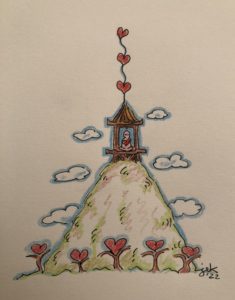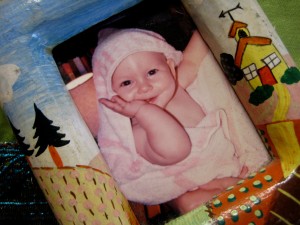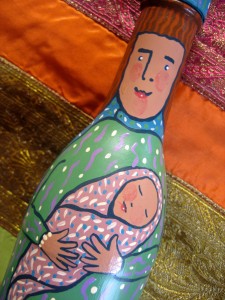
-Illustration © 2022 Jan Ketchel
Prometheus stole fire from the gods, delivering to humanity the gift of consciousness and the ability to chart its own course. For his transgression, Zeus condemned Prometheus to eternal torment. Human beings must also suffer nature’s torments, as she evens the score for transgressions to nature, within and without.
At the deepest transpersonal dimension of our psyche we all share the same roots and laws that govern our being. These are the instincts and archetypes of the collective unconscious. When the decisions we make deviate too widely from those archetypal roots, our Promethean debt must be paid and, as Jung put it, “from time to time with hideous consequences.”*
This is the usual course of human history with its eternal torment of wars. Outwardly, the conservative laws of the instincts are diametrically opposed to the decisions and directions of detached consciousness. Instinct and reason are fighting for supremacy. The lines are drawn, with no interest in reconciliation.
Inwardly, the consequences of one-sided attitudes are the torments of restlessness, anxiety, terror, and depression. Resolution of these painful states is to be found on the path of individuation, where we reconcile and live the fullness of our wholeness. To travel this path brings benefit, both within and without. It takes but one rainmaker to bring rain to an entire village. As within, so without.
Every one of us is a fragment of the same hologram. Though outwardly we appear unique, at the transpersonal, quantum level of our being we are all all that is. Look no further than yourself to confront the same dynamics being played out, at this very moment, upon the world stage.
Individuation requires that we suffer the opposites of our wholeness. All beings are actually bipolar beings. Wholeness cannot be found in one-sided dissociation. We must suffer full ownership of our shadow, all the parts of us that we reject or simply don’t know about.
It is not enough for consciousness to shine its light into the darkness, it must accept and bring into life all of itself. Sometimes, for example, you must speak the truth, however painful the consequences. As a result, a rejected part of the psyche that had turned aggressive might feel reconciled with consciousness for its willingness to take such heartfelt action.
Those deep truths, though they may appear transactional, and require outer action, actually originate within the interplay of dynamics within the self. Outer truths merely mirror inner facts. Be sure to always bring it home, not leaving a projected part of the self in the person and behavior of an other. Take full responsibility for owning, suffering the torments of, and living your wholeness.
We, each individual, are the world. Every character upon the world stage is within us. The energetics without are the energetics within.
The playing field for our Promethean debt is the structure and dynamics of our inner world. Find the balance within; advance the world without.
In so doing, perhaps the usual course of history might be averted. Grab the opportunity to truly make a difference.
Going for it,
Chuck
*Essays On A Science Of Mythology, C. G. Jung and C. Kerenyi, p. 82.




